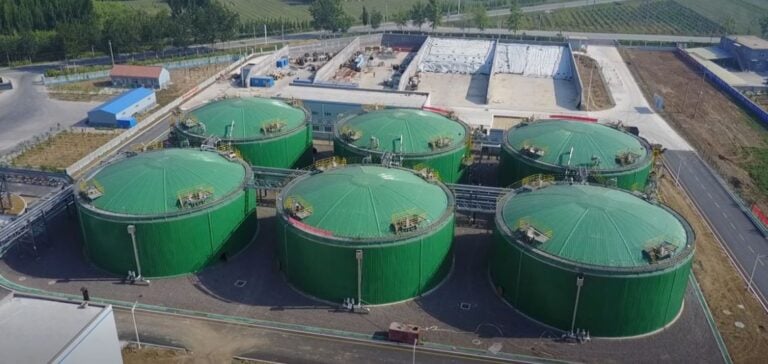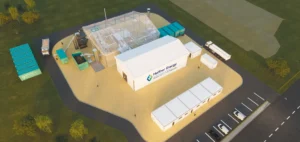The growth of the biogas market in China is largely attributed to sustained government support. Since 2000, subsidies have gradually increased, reaching up to 6 billion yuan per year. Initially focused on small domestic digesters, policies have evolved to include large industrial biogas projects, facilitating increased biomethane production.
The European Union and the United States have also put in place favorable policy frameworks that have encouraged the growth of biogas. In Europe, tax credits and subsidies support the food supply chain and renewable electricity production. In France, the private sector is also banking on biogas, withEngie boosting its biogas production in collaboration with Wase. In the United States, the market has seen a significant increase in biogas projects, with a total investment of $39 billion by 2023.
Biogas Potential in Africa
Africa offers considerable potential for biogas development, particularly in rural areas. Agriculture, which employs half the working population, generates a substantial quantity of organic residues. The Maximize Market Research report estimates that Africa could produce around 50 Mtoe of biogas by 2040, mainly from domestic and agricultural digesters.
This expansion is supported by specific subsidy policies and development financing initiatives. Domestic digesters play a crucial role in improving access to energy in rural areas, thus contributing to sustainable development goals.
Challenges to overcome
Despite its advantages, biogas faces a number of challenges, including the high initial cost of installations and a lack of technical know-how. In India, for example, although biogas has the potential to transform the agricultural sector, its adoption is hampered by a lack of awareness and technical capacity.
Government initiatives, such as the National Biogas and Fertilizer Management Program (NBMMP), are essential to overcome these obstacles. Efforts are needed to improve training and awareness, invest in research and development, and promote public-private partnerships.
Global Outlook
The global biogas market is on a steady growth trajectory. Increased agricultural operations and organic residues are boosting demand for biogas. The Maximize Market Research report provides a detailed analysis of regional trends, consumer preferences and the competitive landscape, offering valuable insights for market players.






















